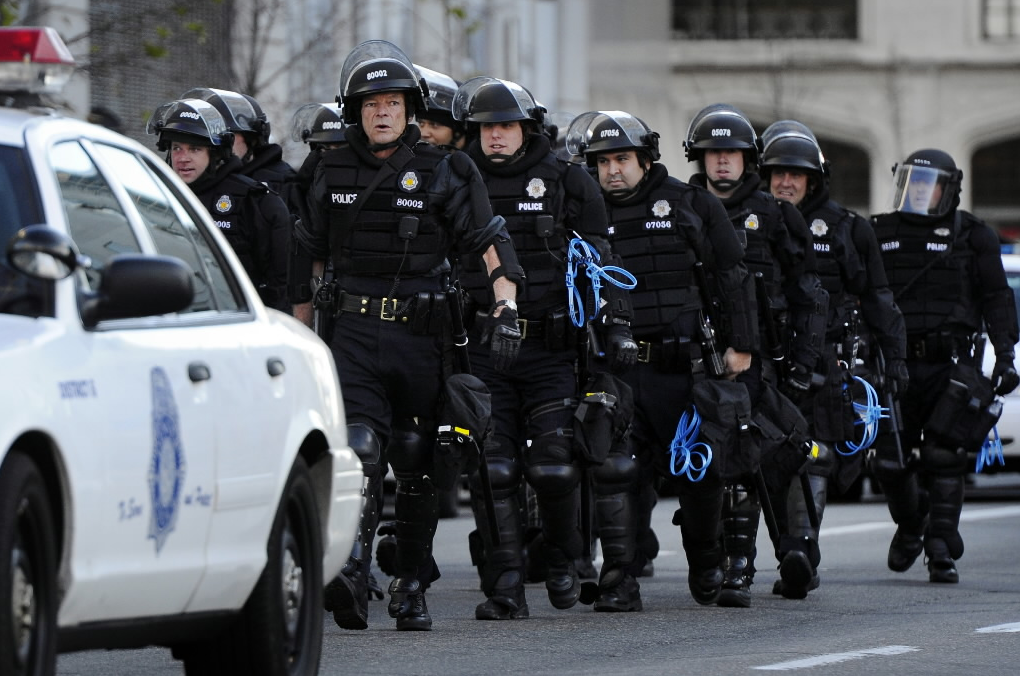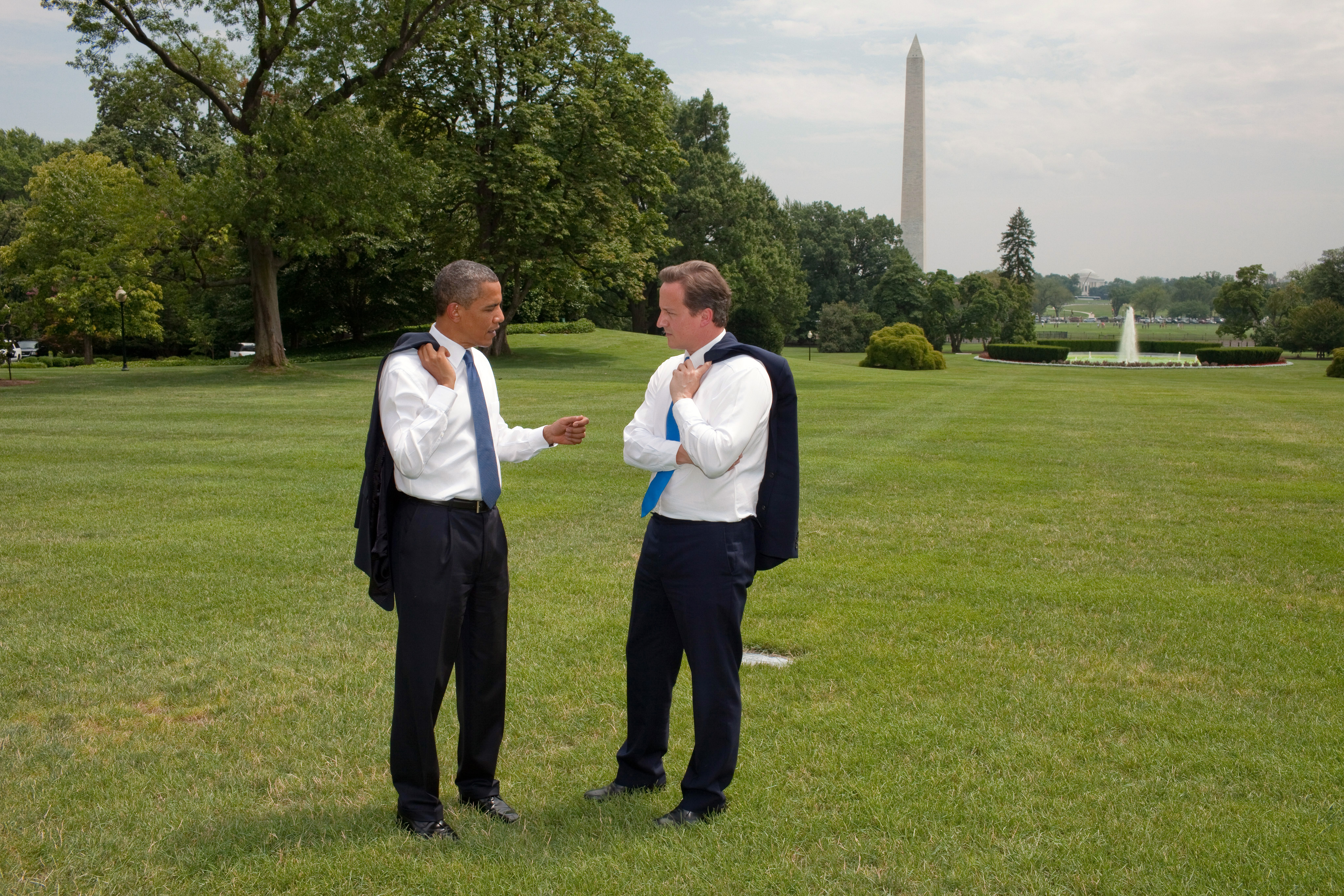Whenever the United States and its allies become involved in overseas military action, their demand for, and in turn the production of military weaponry and armored vehicles increases. When countries no longer require the military resources associated with their war efforts, governments must manage the excess supply. One method the U.S. uses to manage military resources is the Department of Defense’s Excess Property Program – also known as the 1033 Program.
The 1033 Program began in 1991 when the War on Drugs was at its peak within the country, under which the Department of Defense (DoD) transfers excess military supplies to local law enforcement agencies within the United States. Over the past 8 years alone this Pentagon program has transferred to local law enforcement agencies over “200,000 ammunition magazines, 94,000 machine guns, and thousands of armored vehicles, aircraft, land mine detectors, silencers, and grenade launchers.” In New York City, the NYPD has received $742,468 worth of equipment. This included “four armored trucks, three night-vision goggles, two lightly armored amphibious mortar carriers, and 18 image intensifiers.” The DoD even went so far as to equip a Sharp County, Arkansas coroner, whose working day consists of dealing with the deceased, with an assault rifle, a handgun and a Humvee.
Over the past 8 years alone this Pentagon program has transferred to local law enforcement agencies over “200,000 ammunition magazines, 94,000 machine guns, and thousands of armored vehicles, aircraft, land mine detectors, silencers, and grenade launchers.
Ted Pinelli, an equipment representative for AmChar Wholesale Inc., is an advocate of the DoD transfer program: “the bad guys are getting badder…you need the technology to combat the bad guys.” Pinelli understands the concern about a military presence within local law enforcement but maintains that law enforcement officials need to be fully protected in order to do their job.
The 1033 Program attracted criticism after the shooting death of black teenager Michael Brown in Ferguson, Missouri in August 2014. The subsequent photos showed protestors against heavily armed police clad in military gear supplied by the 1033 Program. The law enforcement response was viewed as largely disproportionate with “snipers, heavily armoured vehicles, tear gas and police officers in full body armour with automatic weapons.” President Obama has since ordered a review of federal programs responsible for allowing state and local law enforcement agencies to acquire military-grade weaponry and armored vehicles.
An analysis conducted by the Toronto Star revealed, “Canada’s surplus military gear goes mostly to museums, not police.” Data compiled from Canada’s Department of National Defence shows that, for the last four years a third of surplus military-grade equipment was transferred to museums. Municipal enforcement agencies in Canada are being outfitted on a much smaller scale compared to the United States.
Those outside of law enforcement are hopeful the military equipment transfer programs will serve the public interest by promoting public safety while enhancing protection for law enforcement officials. However, many citizens are concerned the initiatives will serve to strengthen the state’s pursuit of a militarized, overreaching and abusive police force. The appropriate checks and balances must be legislated and imposed to ensure the law is enforced fairly, despite the enhanced tools enforcement officials use to carry out their duties.





